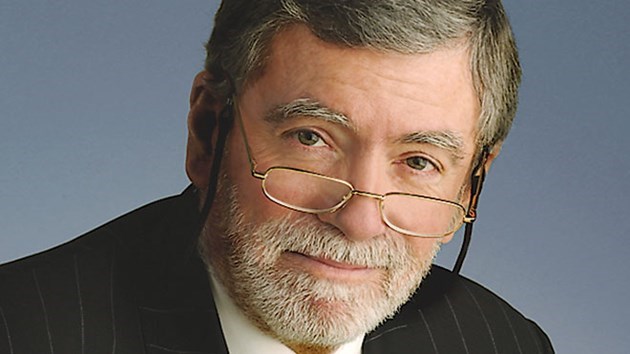I'm sure I must have studied these folks at some point. Didn’t we all? What else was there to do in Grade 7 history class but memorize European history? When Wallonia became news a month ago, petrifying the European Common Market en route to a free trade agreement with Canada, I remembered nothing. I thought Walloon must be something out of Harry Potter or the Chronicles of Narnia. I did know Belgium was almost impossible to govern. A few years ago it took them 589 days to find a coalition government to run the country. This is a record for modern dysfunctional administration, although the struggles for a president in Lebanon is close.
The Dutch (Flemish) and the Walloons (French) who share this nation-state don’t agree on much. The Flemish would just as well separate and run their own country. The French, not so much. Either way, everybody has to agree or you can’t make a decision. Messy, democratic and inefficient.
The Walloons are skeptical about the right things. I’m glad 3.5 million Walloons scared the pants off 500 million Europeans and brought Canadian International Trade Minister Chrystia Freeland to tears.
Although Justin Trudeau and others would beg to differ, free trade is not for people. It is for multinational corporations — and although corporations can be efficient and innovative and resourceful, they care about shareholders, not trading partners. You have to watch them like a hawk. They are often amoral, whether it is the drugs they sell, the food additives they deploy, the environmental practices they sanction, or the taxes they avoid.
No, I am not Bernie Sanders, but I am a realist. I’ve been watching this stuff for too long.
The rules of the road for trade agreements are meant to lower tariffs and protect businesses from spurious non-tariff interventions governments make up to improve their advantage. They are also meant to embed protection for local, regional and national governments to legislate on behalf of their constituents, although that’s where it gets a little murky.
It should mean if a local or regional government feels a tax on sugar is an appropriate way to protect citizens from the known impacts on obesity in children, they are free to do so, no matter the power of the sugar lobby. If a local or regional government feels it needs to protect its aquifer from overuse for water bottling operations, it is free to do so, no matter the size of the bottler. It means if a province wishes to protect its environment from the known impacts of fracking, it is free to do so, no matter the influence of the oil company. It means if a national government becomes aware of a dangerous drug that is being imported it is free, based on the evidence, to ban it. It means if a national government wishes to legislate the marketing of cigarettes to teenagers, it is free to do so.
The key to this chess game is what is called the Investor-State Dispute Settlement system (ISDS). This is a tribunal where companies can sue a government for what it deems to be an infraction under the agreement. Canada has been sued more times than anyone else (35 times) under the North American Free Trade Agreement (NAFTA). It is most frequently related to environmental laws. Some of the suits are outrageous. Some have been lost anyway.
Of course it makes sense. Americans own the most multinationals. They are litigious by nature. They are used to buying and selling the political support they need (see: House approves pizza as a vegetable) in the Senate and House of Representatives.
It stands to reason that 500 million people in Europe have more multinational corporations than we do (with the exception of mining). We are seven per cent their size. We will get sued more than the Europeans.
It has taken the Walloons, who are 10 per cent of our size, to stand up for their rights and ours. Their demand is to have a creditable transparent body that is protected from the bully tactics of companies that in many cases are larger than the countries they are suing. Frankly, I think this is to our advantage.
I wish they had been with us when we negotiated NAFTA.
On matters of international trade, je suis Walloon.



